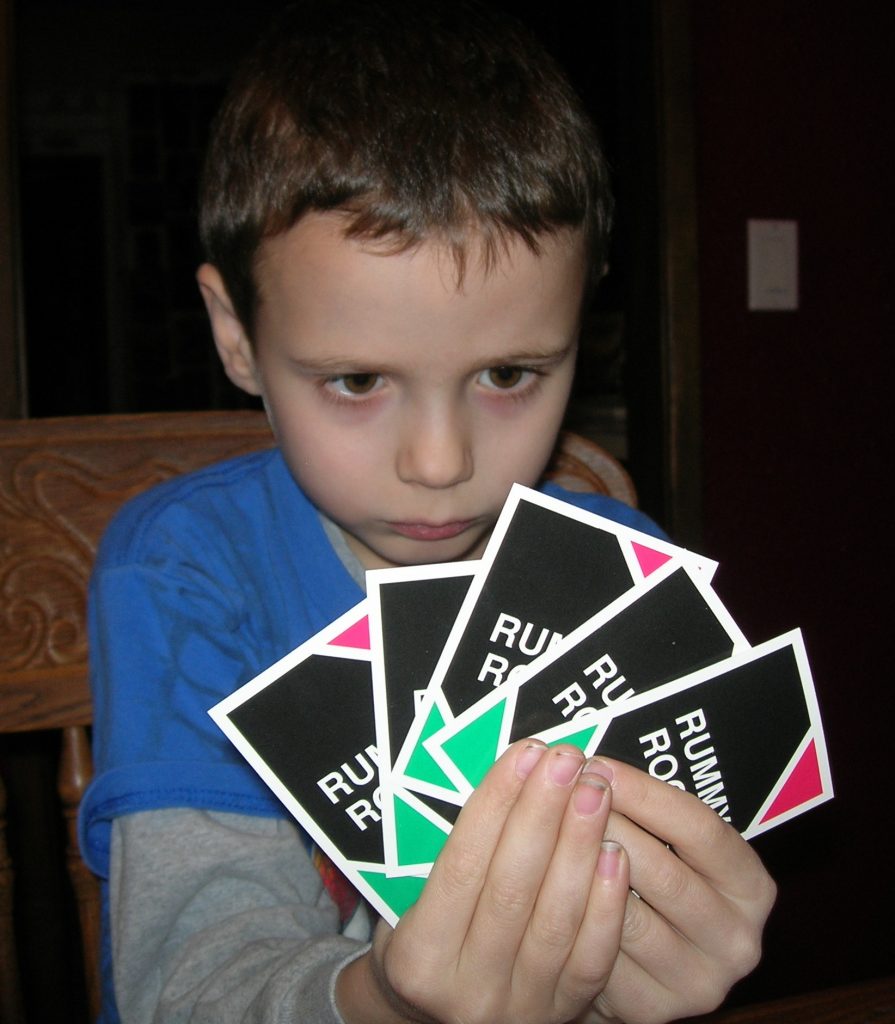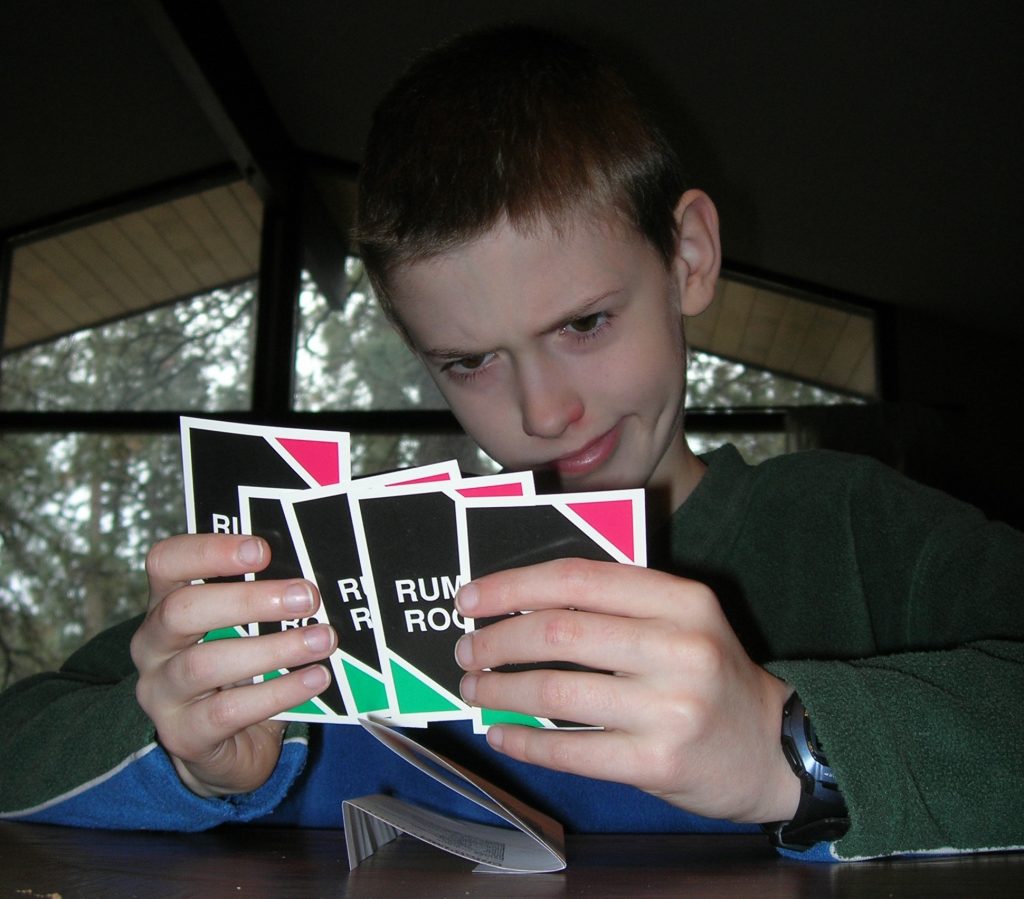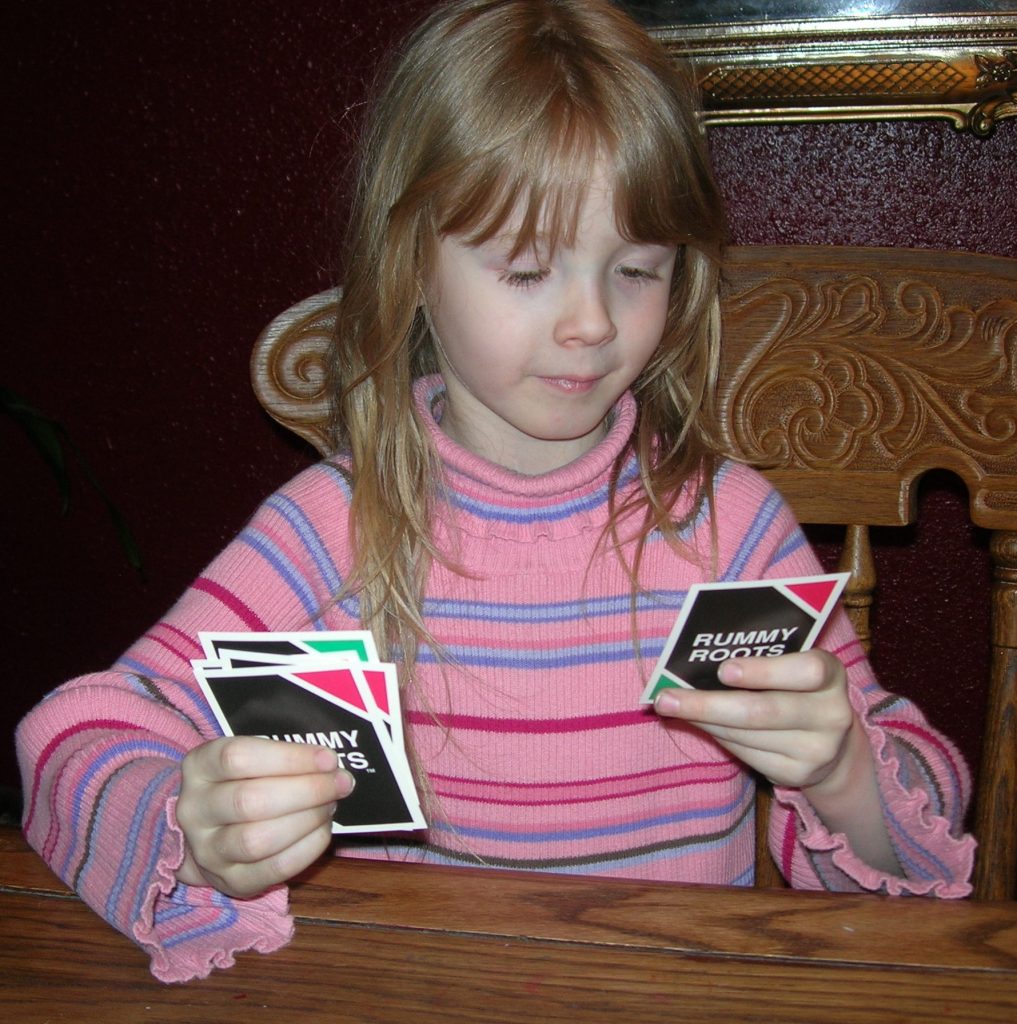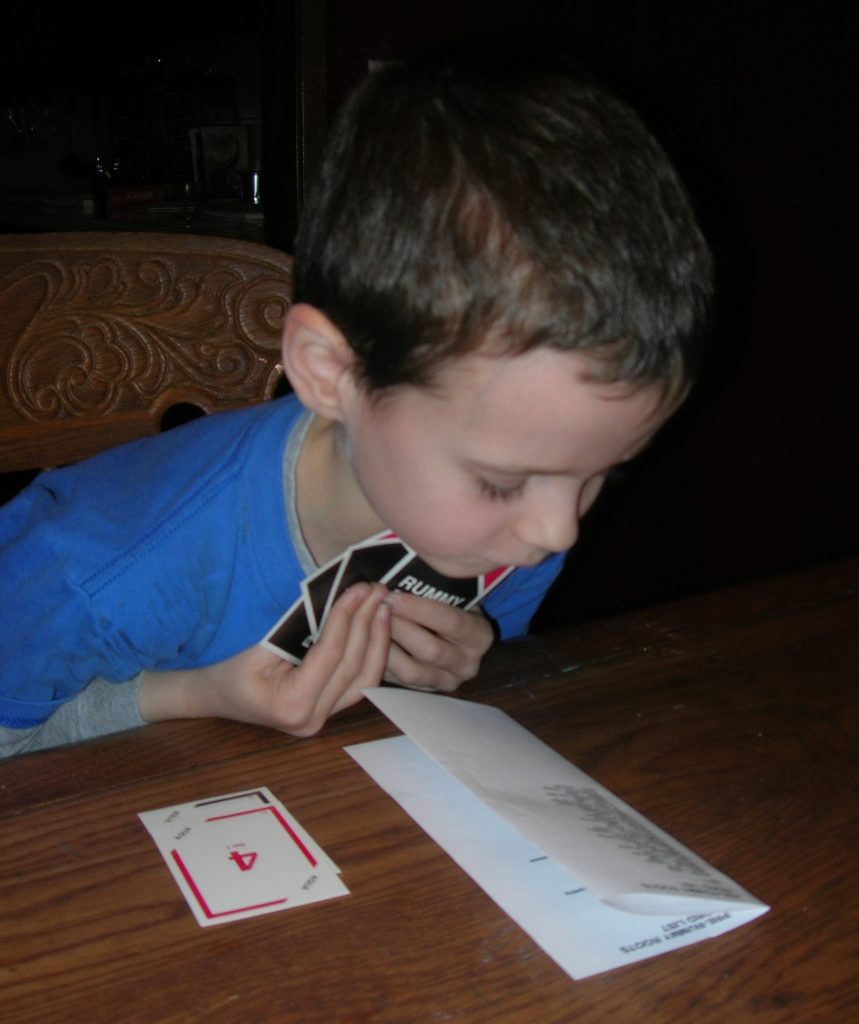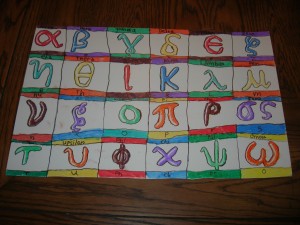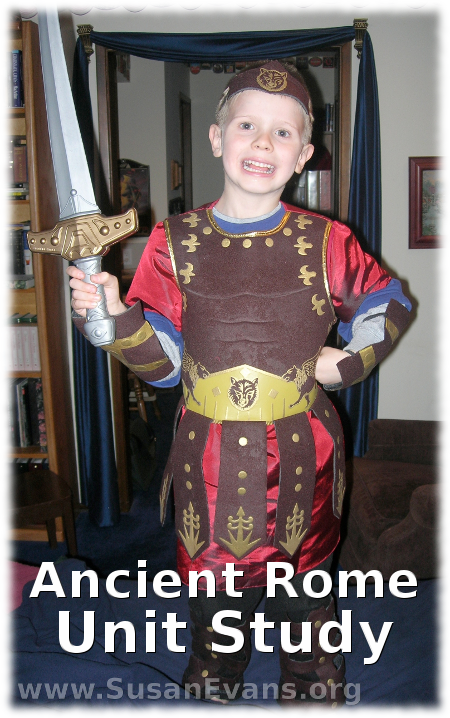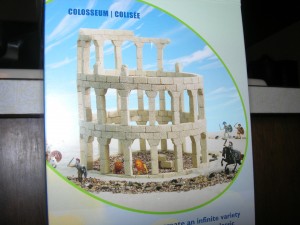 Don’t buy the Colosseum bricks that I showed you on my Ancient Rome Unit Study YouTube video. They’re totally stupid. I don’t know how the manufacturer expects children to use them. They are lightweight like styrofoam, and they are supposed to be attached by hot glue. But hot glue melts the bricks slightly, and it’s too thick to look good. It is severely frustrating, because the bricks don’t stick together properly. You have to cut them into triangles with a sharp knife to make wedges. Really? Children are supposed to wield a sharp knife to make wedges out of styrofoam?! And then they’re supposed to not burn themselves with the hot glue gun that’s a bazzillion degrees? Okay…
Don’t buy the Colosseum bricks that I showed you on my Ancient Rome Unit Study YouTube video. They’re totally stupid. I don’t know how the manufacturer expects children to use them. They are lightweight like styrofoam, and they are supposed to be attached by hot glue. But hot glue melts the bricks slightly, and it’s too thick to look good. It is severely frustrating, because the bricks don’t stick together properly. You have to cut them into triangles with a sharp knife to make wedges. Really? Children are supposed to wield a sharp knife to make wedges out of styrofoam?! And then they’re supposed to not burn themselves with the hot glue gun that’s a bazzillion degrees? Okay…
Since my 10-year-old son screamed, “Mom! It’s impossible to make a Colosseum with these bricks! Can I make a castle instead?”
I said, “Sure.”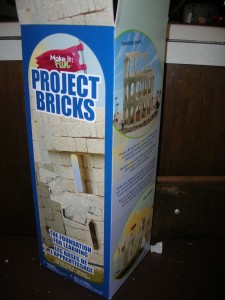
My children made castles and other structures (without sharp knives and burning equipment) and later knocked them down with only a slight gust of wind.
I just wanted everyone to know that I give this product a thumbs down. Really down. Like, my thumb is almost touching the floor; it’s that low…
Instead, maybe people can use wooden blocks, but you need a lot. This is what I recommend. Grab the phone and call a homeschool family. Ask them, “Do you own a set of wooden blocks?”
If the person says, “No,” then you say, “Never mind. Have a good day.” Hang up. (When I’ve done this to people, they call me back, laughing, asking for an explanation…)
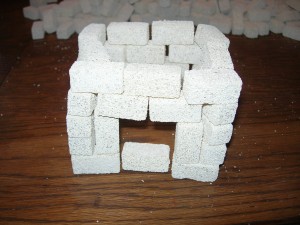 On the other hand, if the person says, “Why, yes. We DO own a set of wooden blocks.” Then you say, “Come on over with your blocks, and we can build the Colosseum of Rome. Wouldn’t that be grand?”
On the other hand, if the person says, “Why, yes. We DO own a set of wooden blocks.” Then you say, “Come on over with your blocks, and we can build the Colosseum of Rome. Wouldn’t that be grand?”
In which case they will answer, “What a fabulous idea. I’ll be right over…”
You must call several homeschool families, depending on how large you want your Colosseum to be. Watch out, since blocks are hard, and the Colosseum is tall. Anyone who doesn’t want a bloody foot should exit the room. Yes, maybe we should let teenagers do this…

